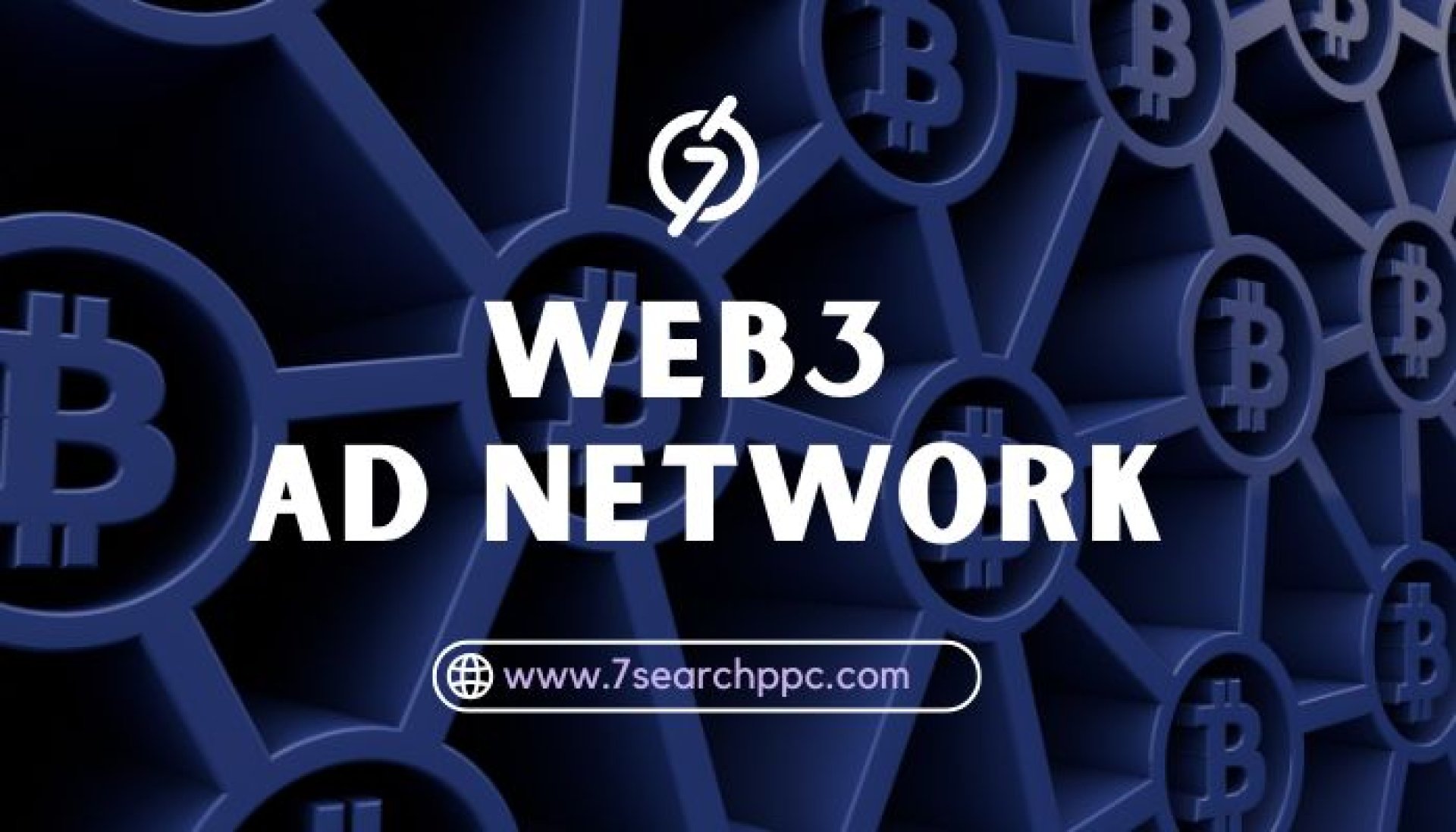How Web3 Ad Networks Improve Trust and Security in Advertising

Trust has always been a delicate issue in digital advertising. Audiences often wonder whether the ads they see are genuine, while advertisers question if their budgets are being spent effectively. Publishers, too, face the constant challenge of proving that their traffic is legitimate. In this environment, Web3 Ad Networks have entered the scene, bringing transparency and security that the traditional ad ecosystem struggles to provide.
The promise of Web3 lies in its foundation: decentralization. By removing single points of control, these networks offer a safer, fairer environment for everyone involved in online advertising. With blockchain and cryptographic technology, they deliver traceability, verified transactions, and reduced fraud—issues that have long haunted online campaigns.
The Challenge of Trust in Online Advertising
For years, digital advertising has been criticized for its lack of clarity. Click fraud, bot-driven impressions, hidden fees, and data misuse all create doubt. Advertisers want to know whether they are reaching real people, while users want to feel safe when engaging with content. Publishers, meanwhile, need a reliable way to prove the value of their traffic.
This trust gap leads to wasted budgets and broken confidence. That is why secure and transparent solutions are no longer optional—they are the very foundation of future advertising strategies.
How Online Web3 Marketing Provides Security
Online Web3 marketing leverages blockchain to verify every interaction. Instead of depending on centralized intermediaries, advertisers and publishers can access real-time, tamper-proof records. This prevents inflated reports and ensures that campaigns are measured accurately. Blockchain also helps confirm user engagement, reducing fake clicks or impressions that drain ad spend.
Smart contracts further add to the reliability of Web3 Ads. These contracts automatically execute payments when agreed conditions are met, ensuring both publishers and advertisers get what they signed up for without delays or disputes. This shift reduces dependency on trust and replaces it with verifiable proof.
Why Security is Central to Crypto Ad Network Models
A crypto ad network brings an extra layer of security through tokenized transactions. Instead of relying on traditional banking systems, payments happen on-chain with minimal risk of tampering. Advertisers gain confidence knowing their budgets cannot be misused, while publishers are guaranteed transparent earnings.
Security also extends to user privacy. Traditional advertising often thrives on tracking, which has made users skeptical. Web3 Ad Networks focus on privacy-first methods that allow ads to be targeted without compromising user data. This change is gradually winning trust among privacy-conscious audiences.
Reducing Fraud and Increasing Transparency with Web3 Ads
Fraudulent activity has always been the biggest roadblock in online advertising. Bots mimicking human traffic can eat up a large portion of ad spend, and opaque intermediaries often inflate prices. With Web3 Ads, blockchain keeps an unchangeable record of every impression, click, and conversion. This creates a direct line of accountability.
Advertisers no longer need to rely solely on reports from third parties. Instead, they can access data directly from the blockchain ledger. This visibility makes fraudulent activity nearly impossible to hide, leading to cleaner, more effective campaigns.
How Web3 Ad Networks Build Audience Trust
From the user’s perspective, trust is equally important. Online users want to know that the ads they see are not misleading and that their personal information will not be exploited. Web3-driven advertising gives audiences more control by allowing them to decide what kind of ads they want to engage with. In some cases, users may even be rewarded for their attention, strengthening the relationship between brands and audiences.
This transparency and respect for privacy make Web3 Ad Networks stand apart from the traditional model. Instead of treating users as data points, these networks see them as active participants in the ad ecosystem.
What This Means for Brands and Publishers
For advertisers, this shift is more than a technical upgrade—it is a path to stronger ROI. Verified engagement and reduced fraud mean that every dollar is used more effectively. For publishers, it translates into stable earnings with clear proof of value, making their platforms more attractive to advertisers.
The ecosystem benefits as a whole because everyone involved is working with accurate data and clear expectations. It is no longer a game of doubt but of collaboration where trust and accountability drive success.
Exploring Broader Opportunities
Web3 advertising is not limited to standard ad placements. It extends to emerging models like play-to-earn and decentralized promotional strategies. Those who want to explore how P2E and Web3 marketing intersect with digital promotion will find new ways of engaging communities in a transparent way.
Similarly, brands entering the space may want to understand the fundamentals of crypto advertising as a way to diversify their promotional channels. Combined with trust-enhancing features of Web3 Ad Networks, these methods are reshaping the way digital promotion is done.
Taking the Next Step
If you are considering experimenting with these tools, starting small can be a smart choice. Testing a campaign helps advertisers experience firsthand how security and transparency play out in practice. You can easily launch a test campaign to see the mechanics of Web3 Ad Networks at work and how they improve both trust and outcomes in your digital strategy.
Conclusion
Web3 Ad Networks are redefining the meaning of trust and security in advertising. By solving long-standing issues such as fraud, lack of transparency, and privacy concerns, they offer a healthier ecosystem for advertisers, publishers, and audiences alike. The combination of blockchain, smart contracts, and crypto payments builds a system that is not only more efficient but also more human-centered. As brands and publishers adopt these tools, the digital advertising landscape moves closer to a future where clarity and trust are at the heart of every campaign.


